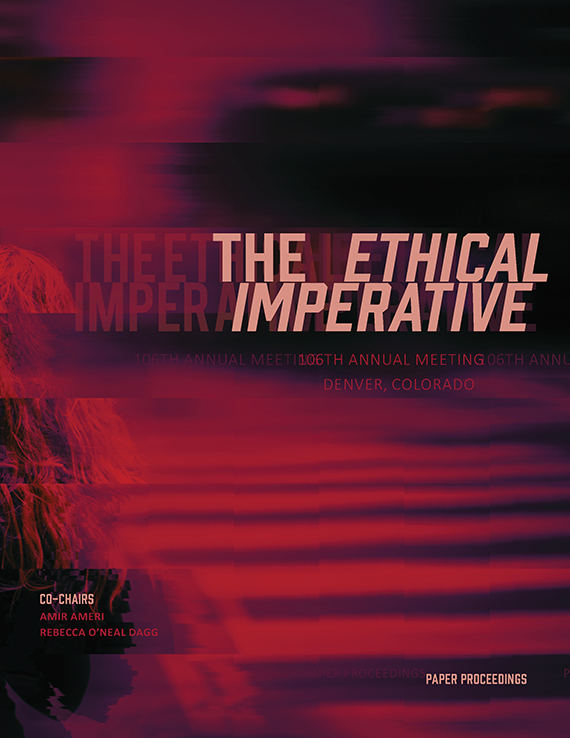Author(s): B.D. Wortham-Galvin & Jackie McFarland
In order to address the ethical challenges that President Donald Trump’s administration continues to generate, race needs to be explicated addressed not only in the demographics of architecture schools and firms, but also in acknowledging that architecture in the United States is taught and practiced with racial bias. The problem—identified and made explicit by civil rights activist Whitney Young 50 years ago—cannot be solved through a head count alone because it is also a problem of the presumed neutrality of whiteness and the invisibility of blackness in both the episteme of the American identity and as it blankets the teaching and praxis of architecture in the United States. Architecture, thus, is political; in spite of the fact that architectural education and practice has been naturalized throughout the 20th and into the 21st century to focus on just the objects—as if the contexts were only physical and not political. Trump is a manifestation of a deeper problem in the United States wherein we render our socio-political contexts neutral. Young pointed this out fifty years ago and yet our response has been anemic. In order to address the continued “complete irrelevance” of architectural education and practice, this paper will: 1). Conceptualize notions of whiteness and blackness and how they operate in the United States; 2). Delineate the architectural implications of whiteness and blackness; and, 3). Begin a discussion of how architectural schools can explicitly address this issue.
https://doi.org/10.35483/ACSA.AM.106.43
Volume Editors
Amir Ameri & Rebecca O'Neal Dagg
ISBN
978-1-944214-15-9

 Study Architecture
Study Architecture  ProPEL
ProPEL 
